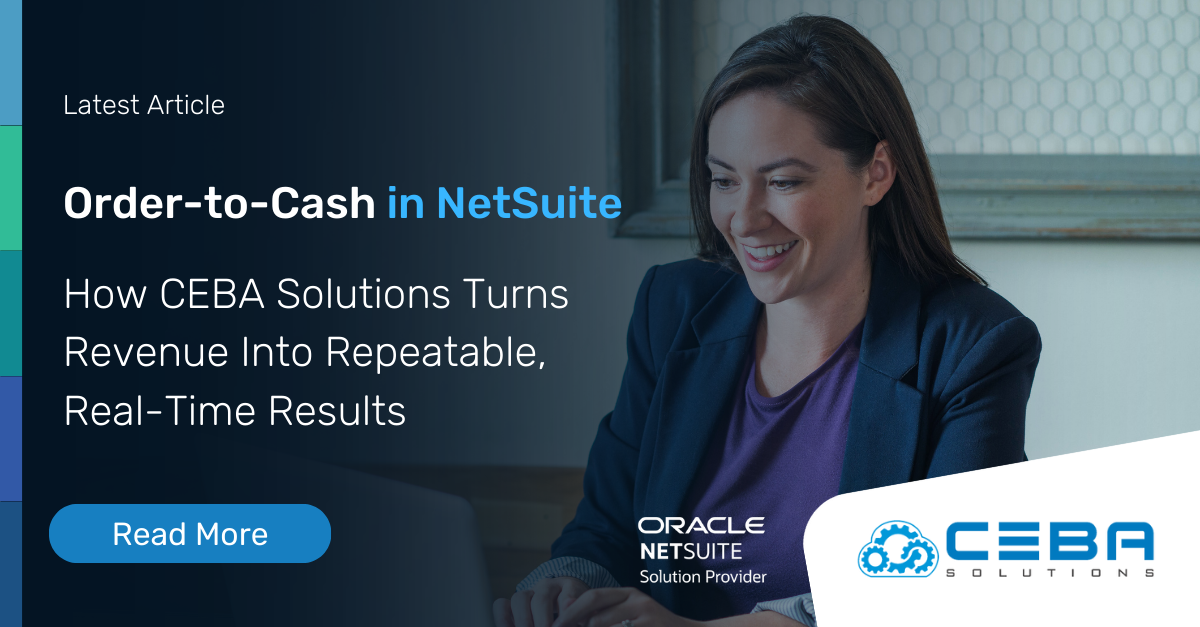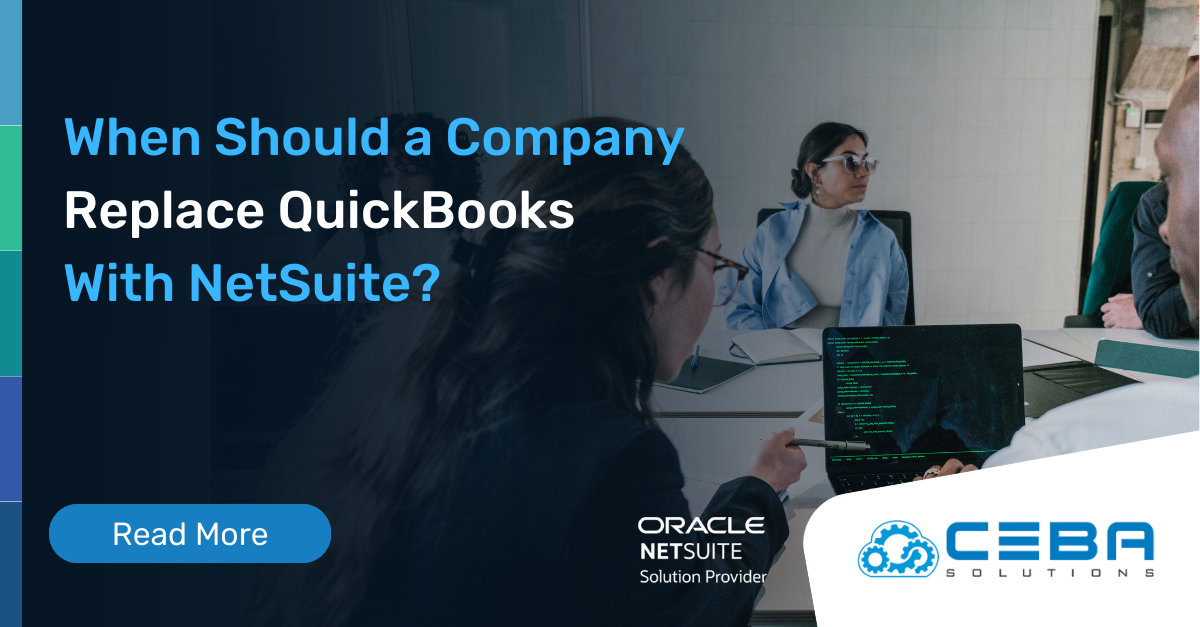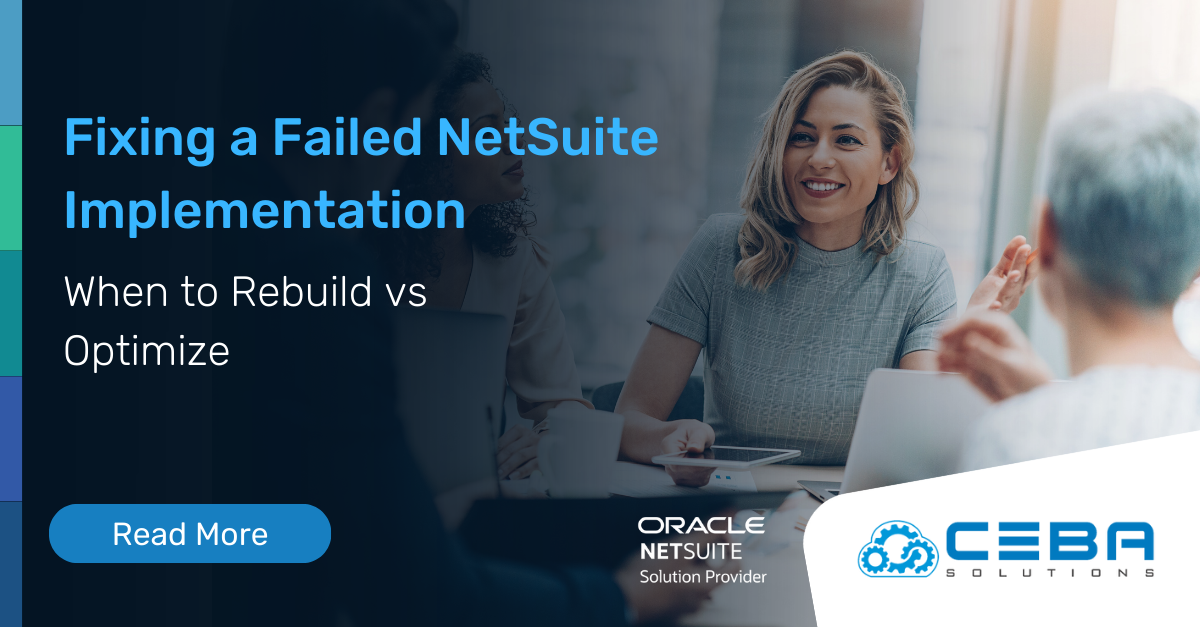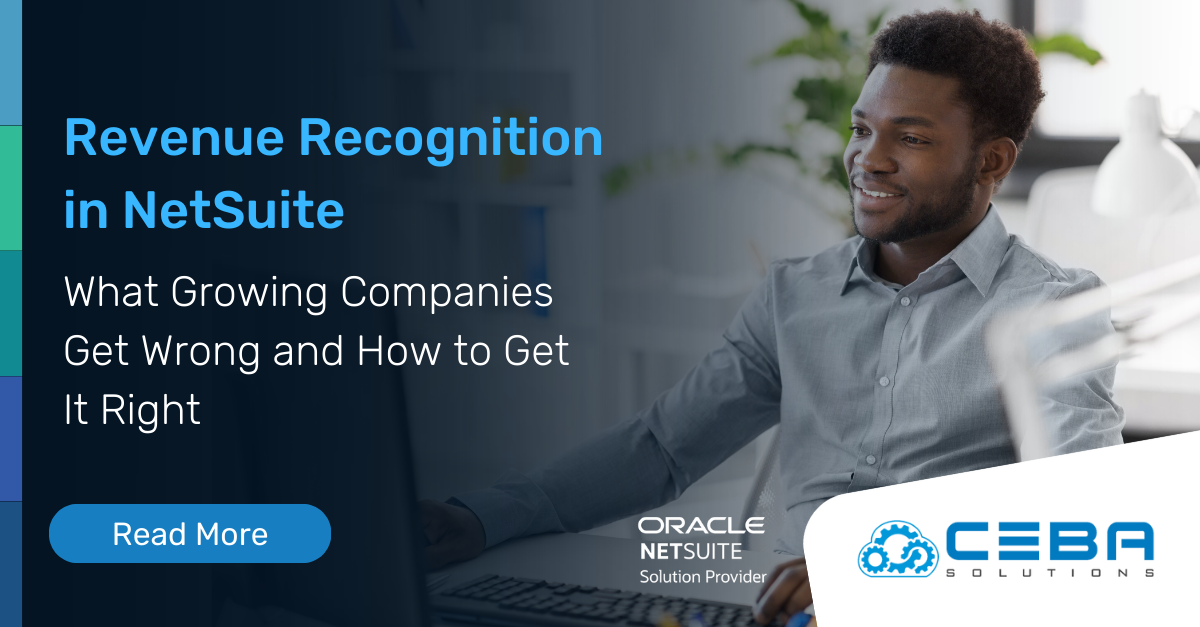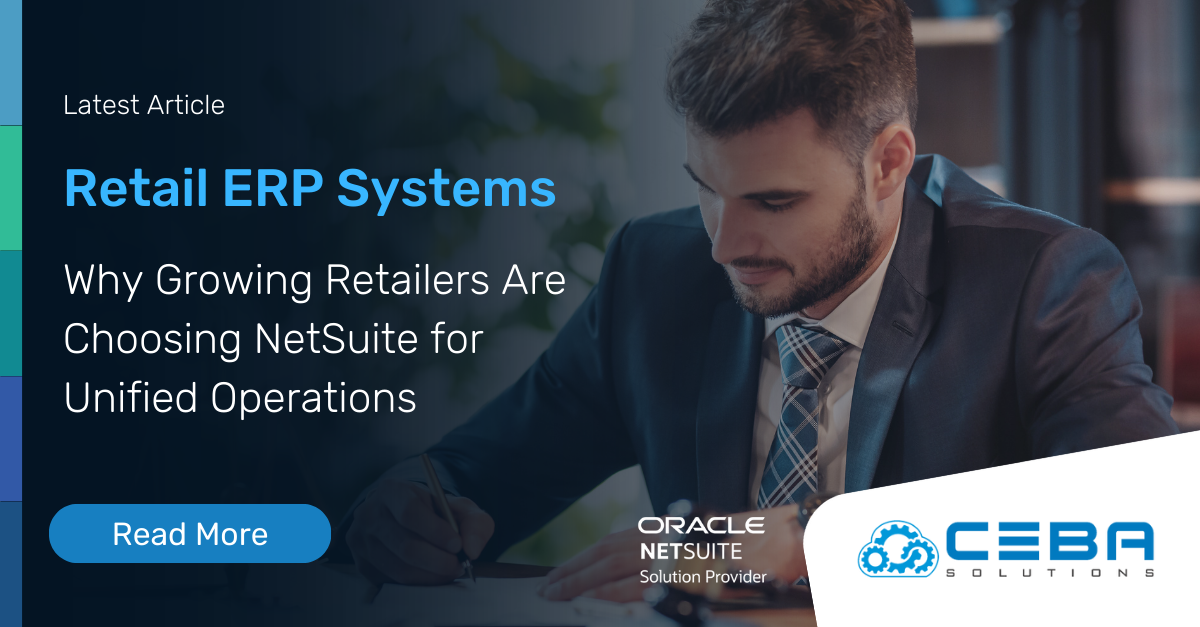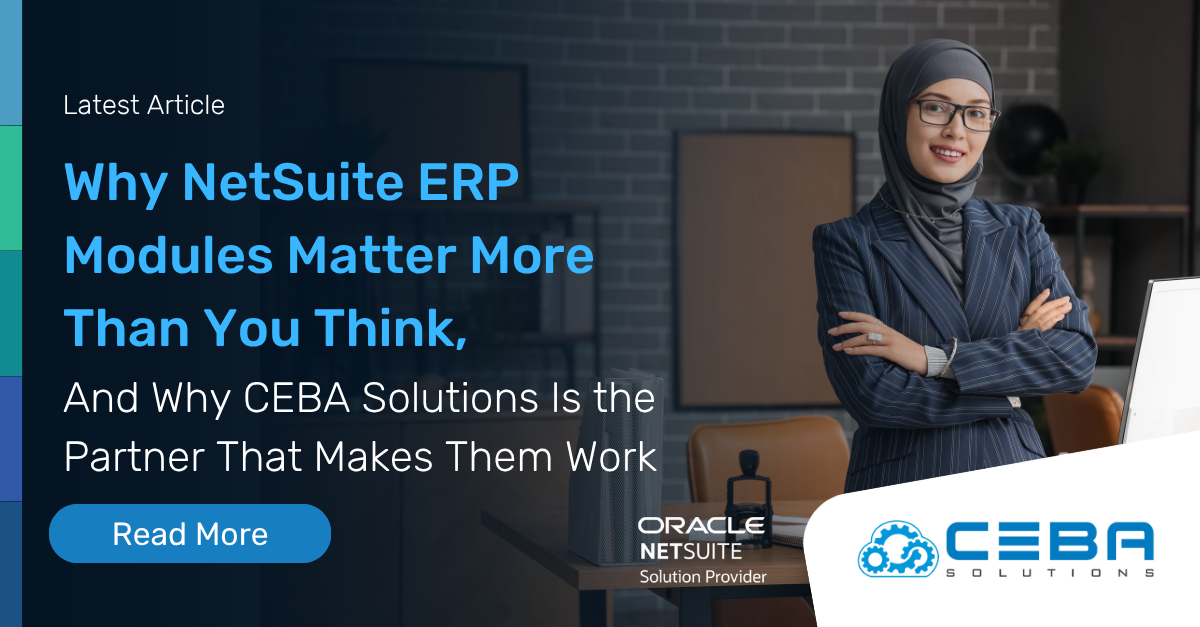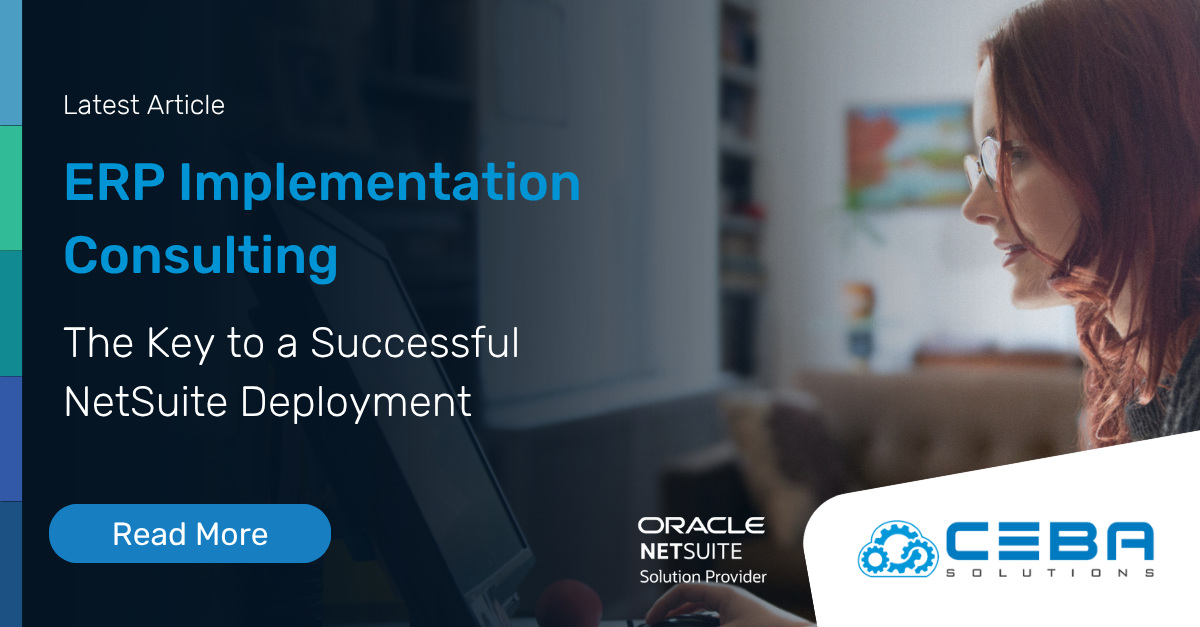.png)
Finding the Right Accounting Software for Your Small Business: A Buyer's Guide
Finding the Right Accounting Software for Your Small Business: A Buyer's Guide
Selecting the right accounting software is crucial for managing your small business's financial health effectively. This comprehensive guide is designed to help you navigate the complex landscape of accounting solutions, ensuring you find a tool that meets your specific needs and enhances your operational efficiency.
Understanding Your Business's Accounting Needs
Before exploring the plethora of accounting software options available, it's vital to thoroughly understand your business's unique requirements. This helps you consider essential aspects to ensure you make an informed decision.
Identifying Your Business Size and Structure
The structure of your business - be it a sole proprietorship, partnership, or corporation - affects your accounting needs. The number of employees, customers, and vendors you manage also plays a significant role in determining the complexity of the accounting solutions you should consider.
Evaluating Your Industry-Specific Requirements
Each industry has distinct accounting requirements. For instance, retail businesses often need robust inventory management systems, whereas service-based companies might focus on time tracking and billable hours. Recognizing these industry-specific needs is crucial for narrowing down your software options.
Assessing Your Current and Future Financial Goals
Reflect on your present financial situation and long-term objectives to determine if you're seeking basic bookkeeping features or require advanced functionalities like financial forecasting and budgeting, keeping in mind that the software's scalability is vital as it should evolve with your business.
Team's Technical Proficiency and Customization Needs
Evaluate your team's technical expertise when selecting accounting software, opting for a solution that aligns with their skills to ensure a smooth transition and minimize the learning curve, and assess the degree of customization your business needs, as some software offers pre-built templates and workflows while others provide extensive customization options to tailor the system to your unique processes.
Integration with Existing Systems
Consider how the accounting software will integrate with your current systems, such as CRM, e-commerce platforms, or payroll, as seamless integration streamlines data flow and reduces manual data entry.
Essential Features to Look for in Accounting Software
With countless options on the market, prioritizing features that meet your specific needs is essential. This section outlines the critical functionalities to look for in an accounting software package.
Basic Accounting Functionalities
With numerous options available, prioritizing features that align with your specific needs is crucial, so this section highlights the critical functionalities to seek in an accounting software package. Your selected software should handle essential tasks such as general ledger management, accounts payable and receivable, and financial reporting at a minimum, with features like bank reconciliation and cash flow management also being vital for maintaining precise financial records.
Automation and Integration Capabilities
Automation of repetitive tasks, such as invoice creation and payment reminders, can save time and reduce errors. Effective integration with other systems like CRM platforms, payroll, and e-commerce is essential for efficient data flow and management.
Multi-Currency and Multi-Entity Support
If your business operates internationally or has multiple entities, look for software that supports multi-currency transactions and consolidates financial data across different business units.
Project and Cost Tracking
For businesses that manage projects or need to allocate costs to specific departments or initiatives, project and cost-tracking features are essential to help monitor budgets and profitability.
Mobile Accessibility and Remote Collaboration
In today's mobile-driven world, accounting software with mobile apps and remote collaboration features enables your team to access financial data and perform tasks on the go, enhancing productivity and flexibility.
Evaluating User-Friendliness and Customer Support
The effectiveness of accounting software also depends on its ease of use and the quality of customer support provided.
Intuitive Interface and Ease of Navigation
The effectiveness of accounting software also depends on its ease of use and the quality of customer support provided, so a user-friendly interface with customizable dashboards and clear menus ensures that your team can easily navigate the system, making accessibility for users of varying technical skills key.
Training Resources and Documentation
Access to comprehensive training materials and documentation supports successful software adoption. Look for solutions that offer detailed guides, video tutorials, and a helpful knowledge base.
Customer Support and Service Level Agreements
Effective customer support is critical. Evaluate the availability of support channels like phone, email, and live chat, and look at the response times and SLAs offered to ensure you can get assistance when needed.
Onboarding and Implementation Assistance
Consider the level of onboarding and implementation support provided by the software vendor, as a smooth transition and proper setup are crucial for maximizing the benefits of your new accounting system.
User Communities and Forums
Look for software with active user communities and forums where you can connect with other businesses, share experiences, and learn from their insights.
Free Trials and Demos
Take advantage of free trials and demos to get hands-on experience with the software before making a commitment. This will allow you to assess the user interface, features, and overall fit for your business.
"Selecting the ideal accounting software requires understanding your business's unique needs and evaluating the software's ability to meet these requirements. A meticulous approach ensures that the selected solution boosts operational efficiency and supports your financial goals." - Zabe Siddique, CEO - CEBA Solutions
Ensuring Data Security and Compliance
The security of your financial data is paramount, so when selecting accounting software, business owners should focus on the essential security measures and compliance standards they need in relation to the level of privacy and risk that a breach would give and how much harm it could cause. Strong encryption and secure access controls are necessary to protect your data, with features like two-factor authentication and role-based access helping to safeguard sensitive information.
Data Encryption and Secure Access Controls
Cyber threats are constantly evolving so having a strategy to protect your data is of utmost importance. Strong encryption and robust access controls are essential for safeguarding sensitive information.
Data Encryption
Encryption involves encoding data in a manner that makes it inaccessible to unauthorized individuals. Encryption algorithms, such as AES (Advanced Encryption Standard), provide a high level of security by transforming plaintext into an unreadable format called ciphertext. By encrypting data at rest (stored on a device) and in transit (transmitted over a network), you can minimize the risk of unauthorized access.
Secure access controls, on the other hand, limit access to authorized users based on their roles and permissions. Role-based access control (RBAC) assigns different levels of access to users based on their job functions. For example, a manager may have access to sensitive financial data, while a customer service representative may only have access to customer contact information.
Backup and Disaster Recovery Procedures
Regular backups of your data are crucial for minimizing the impact of hardware failures, software glitches, or cyberattacks. A robust backup and disaster recovery (BDR) solution should offer the following features:
- Automatic backups: Automated backups ensure that your data is backed up on a regular basis, without requiring manual intervention.
- Offsite storage: Storing backups offsite, such as in a cloud-based backup service, provides an extra layer of protection in case of a physical disaster at your main location.
- Disaster recovery plan: A well-documented disaster recovery plan outlines the steps to be taken in the event of a disaster. This plan should include instructions for restoring data from backups and resuming operations as quickly as possible.
Compliance with Industry-Specific Regulations
If your organization operates in a regulated industry, such as healthcare or finance, your software must comply with relevant regulations and standards. These regulations may include requirements for data encryption, access controls, and backup and disaster recovery procedures.
By choosing software that is compliant with industry-specific regulations, you can ensure that you meet legal requirements and maintain proper audit trails. This can help protect your organization from fines, penalties, and reputational damage in the event of a compliance breach.
Comparing Costs and Return on Investment
Choosing accounting software is a significant investment, and understanding the costs and expected ROI is crucial.
Comparing Costs and Return on Investment
Pricing Models and Hidden Costs Choosing accounting software is a significant investment, and understanding the costs and expected ROI is crucial, so be aware of the various pricing models and any hidden fees, such as setup or additional licenses, ensuring the features you need are included in your chosen plan.
To justify the investment, calculate the ROI by considering the time and resources saved, as well as the enhanced decision-making capabilities provided by real-time financial insights.
Conducting a Total Cost of Ownership Analysis
Conduct a comprehensive TCO analysis, including upfront costs, ongoing subscription fees, hardware requirements, and internal resource allocation, as this helps you understand the true cost of implementing and maintaining the accounting software.
Comparing Accounting Software Providers
Create a detailed comparison matrix of different software providers, listing their pricing plans, features, and limitations, as this side-by-side comparison helps you identify the best value for your specific needs and budget.
Considering the Opportunity Cost of Not Investing
Evaluate the potential opportunity cost of not investing in accounting software, as inefficient financial management, lack of real-time insights, and manual processes can hinder your business's growth and competitiveness.
Final Thoughts
By thoroughly understanding your needs, evaluating essential features, ensuring user-friendliness and support, prioritizing data security, and analyzing costs and ROI, you can make a well-informed decision when selecting the right accounting software for your small business. Taking the time to research and compare your options can lead to significant benefits, including streamlined financial processes and supportive business growth.




